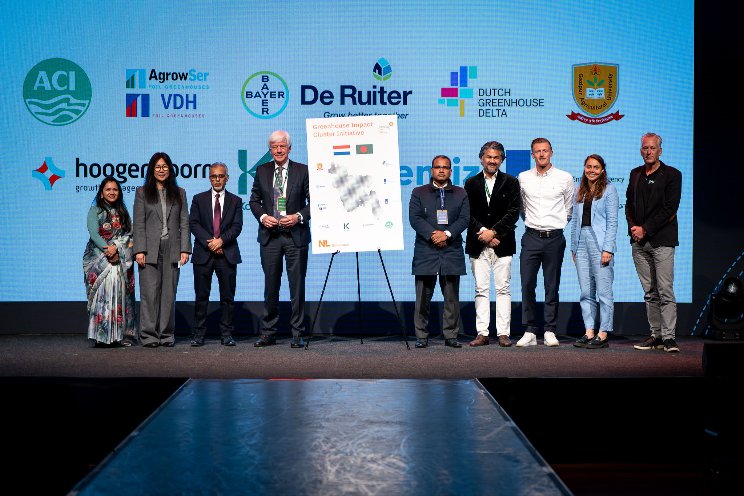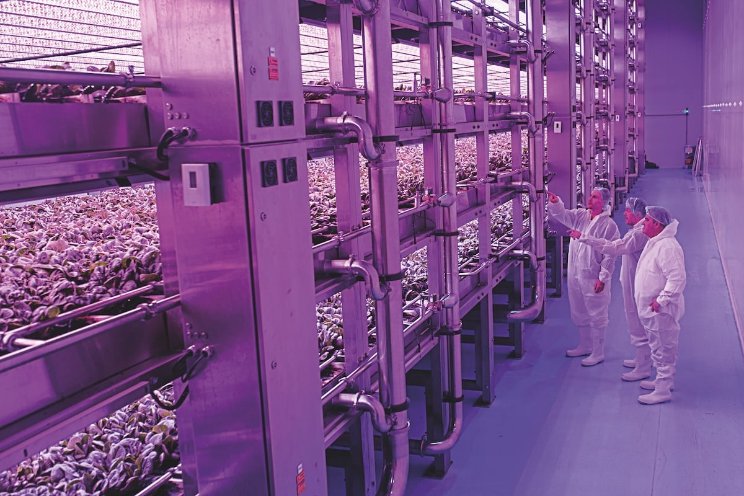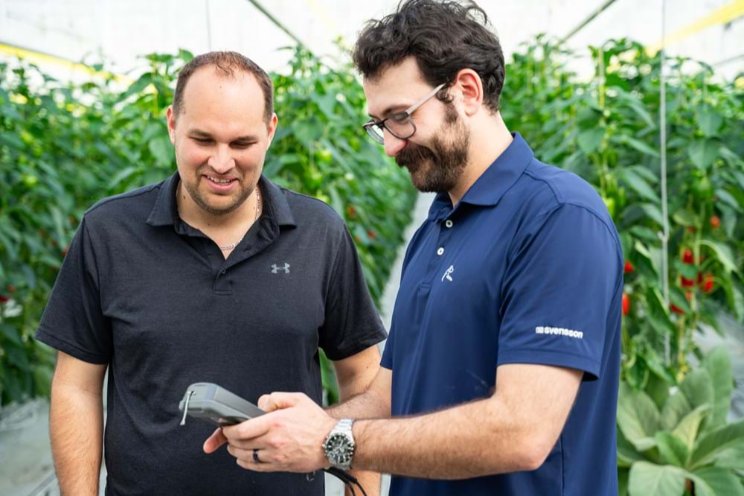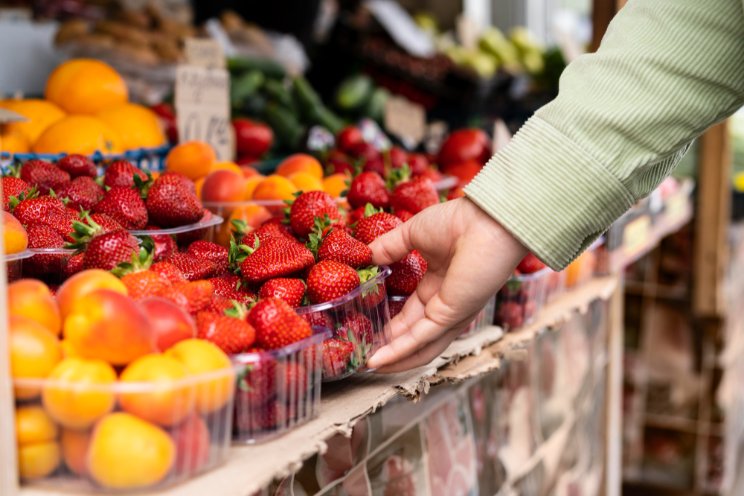Why the world needs more urban farming post-pandemic
Added on 12 September 2020

The seeds of enthusiasm for home-grown food may have been sown, but sustaining this is essential. Urban farming has much to offer in the wake of the pandemic. It could help communities boost the resilience of their fresh fruit and vegetable supplies, improve the health of residents and help them lead more sustainable lifestyles.
Here are four reasons why food growing should become a perennial feature in our gardens, towns and cities after COVID-19.
1. Growing greener towns and cities
More than half of the global population lives in urban areas, and this is expected to rise to 68% by 2050. For the UK, this is even higher - nine out of 10 people are expected to live in towns and cities by this time.
Weaving food growing into the fabric of urban life could bring greenery and wildlife closer to home. The COVID-19 lockdown helped reawaken interest in growing at home, but one in eight UK households have no access to a garden. Thankfully, the opportunities for urban farming extend beyond these: rooftops, walls - and even underground spaces, such as abandoned tunnels or air raid shelters, offer a range of options for expanding food production in cities while creatively redeveloping the urban environment.
Edible rooftops, walls and verges can also help reduce flood risk, provide natural cooling for buildings and streets, and help reduce air pollution.

Paris hosts the largest urban rooftop farm in Europe.
Image: EPA-EFE/Mohammed Badra
2. Resilient food supplies
Diversifying where and how we grow our food helps spread the risk of disruption to food supplies.
The UK's reliance on imports has been growing in recent decades. Currently, 84% of fruit and 46% of vegetables consumed in the UK are imported. Brexit and COVID-19 could threaten the steady supply, while the problems created by climate change, such as water scarcity, risk disrupting imports of food from abroad.
Source: World Economic Forum
Photo: This rooftop farm in Paris is a great example of how urban farming can revitalise old spaces for a purpose. Credit: REUTERS/Charles Platiau
Source: World Economic Forum
More news















